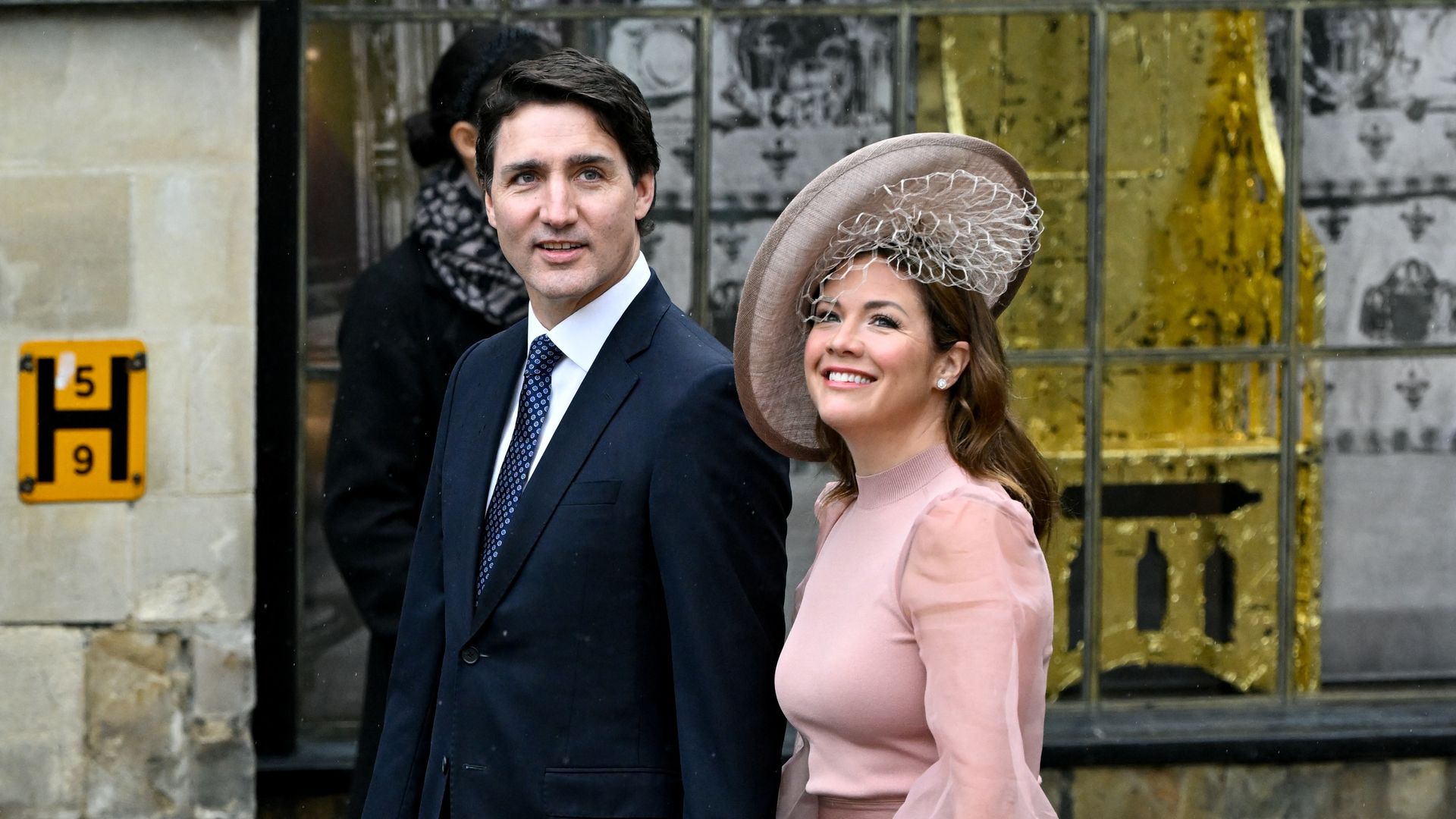
Canadian Prime Minister Trudeau Announces Resignation Upon Selection of New Party Leader
Introduction
In a significant political development, Canadian Prime Minister Justin Trudeau has announced his intention to resign once the Liberal Party elects a new leader. This announcement marks the end of Trudeau’s tenure as Prime Minister that began in 2015. The decision has sent shockwaves through the Canadian political landscape and raised questions about the future of the Liberal Party.
Trudeau’s Legacy and Reasons for Resignation
Justin Trudeau has served as Canada’s Prime Minister for seven years, overseeing a period of significant social and economic change. During his tenure, he legalized recreational cannabis, implemented carbon pricing, and expanded access to childcare. However, his leadership has also been marked by controversies, including the recent Freedom Convoy protests and ethics investigations.
Trudeau has cited his desire to give the Liberal Party a fresh start and to allow for a seamless transition as reasons for his resignation. He has expressed confidence in the party’s ability to continue his progressive agenda and address the challenges facing Canada.
Reaction and Potential Successors
Trudeau’s announcement has been met with mixed reactions. Some have praised his decision, seeing it as a necessary step for party renewal. Others have expressed disappointment and concern about the future of the Liberal Party without his leadership.
Several potential candidates have emerged as contenders for the Liberal Party leadership. They include Deputy Prime Minister Chrystia Freeland, Infrastructure Minister Dominic LeBlanc, and former Foreign Minister Stéphane Dion. Each candidate offers a unique set of experiences and perspectives, making the leadership race highly competitive.
Liberal Party’s Future
The Liberal Party faces a crucial period of transition with Trudeau’s impending resignation. The party must find a leader who can unite its members and appeal to voters in the next federal election. The outcome of the leadership race will significantly impact the party’s future direction and its ability to remain a dominant force in Canadian politics.
Expert Perspectives
Experts have weighed in on Trudeau’s resignation and its potential implications. Political analyst Bruce Anderson believes the decision “opens up a new chapter for the Liberal Party” and could lead to a “more centrist” approach. Former Liberal Party President Tom Pitfield suggests that the party needs a leader who can “reconnect with the Canadian people.”
Conclusion
Justin Trudeau’s announcement to resign as Prime Minister upon the selection of a new Liberal Party leader marks a significant turning point in Canadian politics. His legacy will be debated for years to come, as will the implications of his departure for the Liberal Party and the country as a whole. The upcoming leadership race will be watched closely as the party seeks to redefine itself and chart a course for the future.
Reflection
Trudeau’s resignation highlights the ever-evolving nature of political leadership and the challenges that parties face in maintaining stability and continuity amidst change. The ability of the Liberal Party to emerge from this transition with a strong and effective leader will undoubtedly shape the political landscape of Canada in the years to come.
